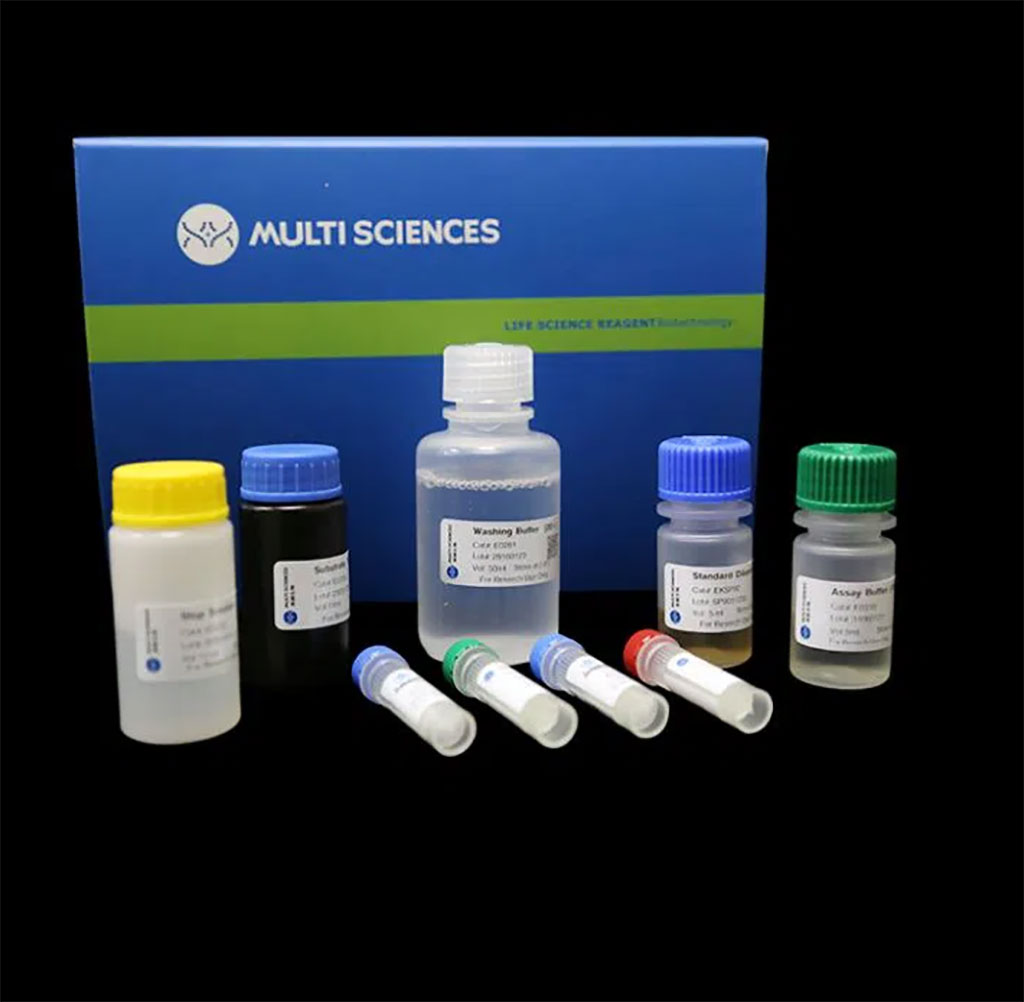Serum Vimentin Predicts Mortality in Pediatric Severe Sepsis
Posted on 14 Jun 2022
Sepsis is defined as a life-threatening organ dysfunction caused by a dysregulated host response to infection. It is a leading cause of death worldwide in the pediatric population. Vascular hyperpermeability by loss of endothelial barrier integrity is a hallmark of sepsis.
Inflammatory response during sepsis triggers endothelial barrier dysfunction, consequently resulting in not just vascular leak and edema, but even shock and organ failure. The cytoskeletal filament vimentin is inherent to the endothelial phenotype and is critical for the proper function of endothelial cells. The association between serum vimentin and the prognosis of sepsis in children remains indeterminate.

Critical Care doctors at the Shanghai Children's Hospital (Shanghai, China) conducted a prospective study of pediatric severe sepsis (PSS) cases who were admitted to the pediatric intensive care unit (PICU) from January 2018 to December 2020. A total of 108 patients with PSS with a median age of 19.5 month were enrolled.
The laboratory indexes included routine blood indexes (white blood cell, platelet, C-reactive protein, lactate dehydrogenase, lactic acid [Lac]), cytokines (interleukin [IL]-6, IL-10, tumor necrosis factor-α), immune indexes (NK%, CD4+ CD8+, CD19), biomarkers of endothelial cell injury (serum intercellular adhesion molecule, serum vascular cell adhesion molecule, P-selectin).
For the serum vimentin assay, serum was collected within six hours of PICU admission and stored at –80 °C. Serum vimentin levels were determined using enzyme-linked immunosorbent assays: Human Vimentin ELISA Kit (MultiScience, LIANKE Biotech, CO., LTD, Hangzhou, China) with the range of 0.2–60 ng/mL. ELISA was performed in duplicate, and other assays were performed in strict accordance with the manufacturers’ instructions.
The scientists reported that the hospital mortality rate was 19.44% (21/108). Comparing with healthy controls, serum vimentin levels on PICU admission were significantly higher in patients with PSS. The area under the ROC curve for vimentin to predict the hospital mortality was 0.712 (95% CI: 0.578–846) with a sensitivity of 71.4% and a specificity of 70.1%. Moreover, hospital mortality was significantly higher in patients with vimentin level over the cutoff value of 24.53 ng/mL than in patients with vimentin level below 24.53 ng/L.
Serum levels of sICAM-1, sVCAM-1 and P-selectin displayed an increased tendency in non-survivors compared with survivors. NK (%) was significantly lower in non-survivors than in survivors (2.94 versus 4.34), whereas serum Lac levels at PICU admission displayed higher tendency in non-survivors (2.6 mmol/L versus 2.1 mmol/L). According to the results of correlation analysis, serum vimentin levels were positively correlated with P-selectin and NK (%).
The authors concluded that serum vimentin level as an indicator of endothelial injury is associated with the prognosis of PSS, and serum vimentin level ≥24.53 ng/mL on PICU admission predicts high risk for hospital mortality in PSS. The study was published in the August 1 2022 issue of the International Journal of Infectious Diseases.
Related Links:
Shanghai Children's Hospital
LIANKE Biotech













